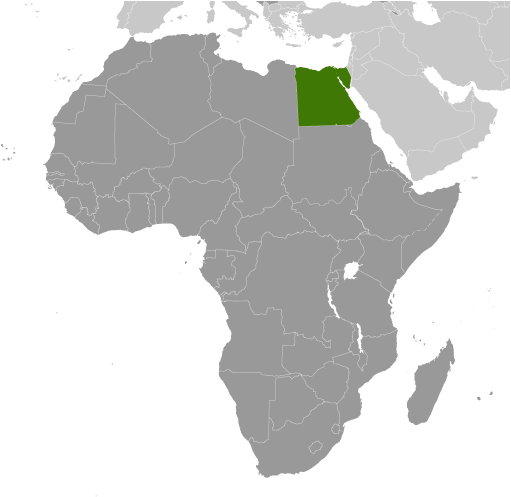Menu
EGYPT
EGYPT STATSCAPITAL: CAIRO POPULATION: 84,550,000 LANGUAGE: ARABIC BELOW POVERTY: 20% ACCESS TO WATER: 99% ACCESS TO IMPROVED SANITATION: 66% AVERAGE ANNUAL INCOME: $10,870 CHRISTIAN: 9% |
PARTNERED NGOEgypt experienced a dramatic social, economic and political upheaval during 2011.
Food insecurity and malnutrition are increasing, with a quarter of the population now living in poverty, and more communities becoming vulnerable as food prices continue to soar. Unemployment is also rising, and those aged under 30 are particularly affected. |
HUMAN TRAFFICKING IN EGYPTEgypt is a source, transit, and destination country for women and children who are subjected to trafficking in persons, specifically forced labor and forced prostitution. Some of Egypt's estimated two hundred thousand to one million street children – both boys and girls – are exploited in prostitution and forced begging. Local gangs are, at times, involved in this exploitation. Egyptian children are recruited for domestic and agricultural labor; some of these children face conditions indicative of involuntary servitude, such as restrictions on movement, non-payment of wages, threats, and physical or sexual abuse. In addition, wealthy men from the Gulf reportedly travel to Egypt to purchase "temporary" or "summer marriages" with Egyptian females, including girls who are under the age of 18; these arrangements are often facilitated by the females' parents and marriage brokers and are a form of commercial sexual exploitation of children. Child sex tourism occurs in Cairo, Alexandria, and Luxor. Egypt is a transit country for women trafficked from Uzbekistan, Moldova, Ukraine, Russia, and other Eastern European countries to Israel for commercial sexual exploitation; organized crime groups are involved in these movements.
Men and women from South and Southeast Asia may be subjected to forced labor in Egypt. Ethiopians, Eritreans, Sudanese, Indonesians, Filipino, and possible Sri Lankan females migrate willingly to Egypt but may be subjected to forced domestic work. Some conditions they face include no time off; sexual, physical, and emotional abuse; withholding of wages; and restrictions of movement. Employers may use the domestic workers' illegal status and lack of employment contracts as a coercive tool. Some of the migrants and refugees who engage in prostitution may have been coerced to do so. Young female Sudanese refugees, including those under 18, may be coerced into prostitution in Cairo's nightclubs by family or Sudanese gang members. NGO and media reports indicate some Egyptians are forced to work in Jordan and experience the withholding of passports, forced overtime, non-payment of wages, and restrictions of movement. In 2010, the Egyptian government approved new legislation criminalizing trafficking in persons for labor and sexual exploitation. In 2009/2010, the government made its first two convictions under the 2008 anti-trafficking amendments to the Child Law and raised awareness on "summer marriages," which are often used to facilitate commercial sexual exploitation. According to the U.S. government, the Egyptian government's lack of formal victim identification procedures and protection services allowed unidentified victims of trafficking to be punished for unlawful acts committed as a direct result of being trafficked. WIKIPEDIA |
NEWS |
|
NORTHERNPATH PART OF LIT INTERNATIONAL
|
NORTHERNPATH COPYRIGHT 2001-PRESENT
|

